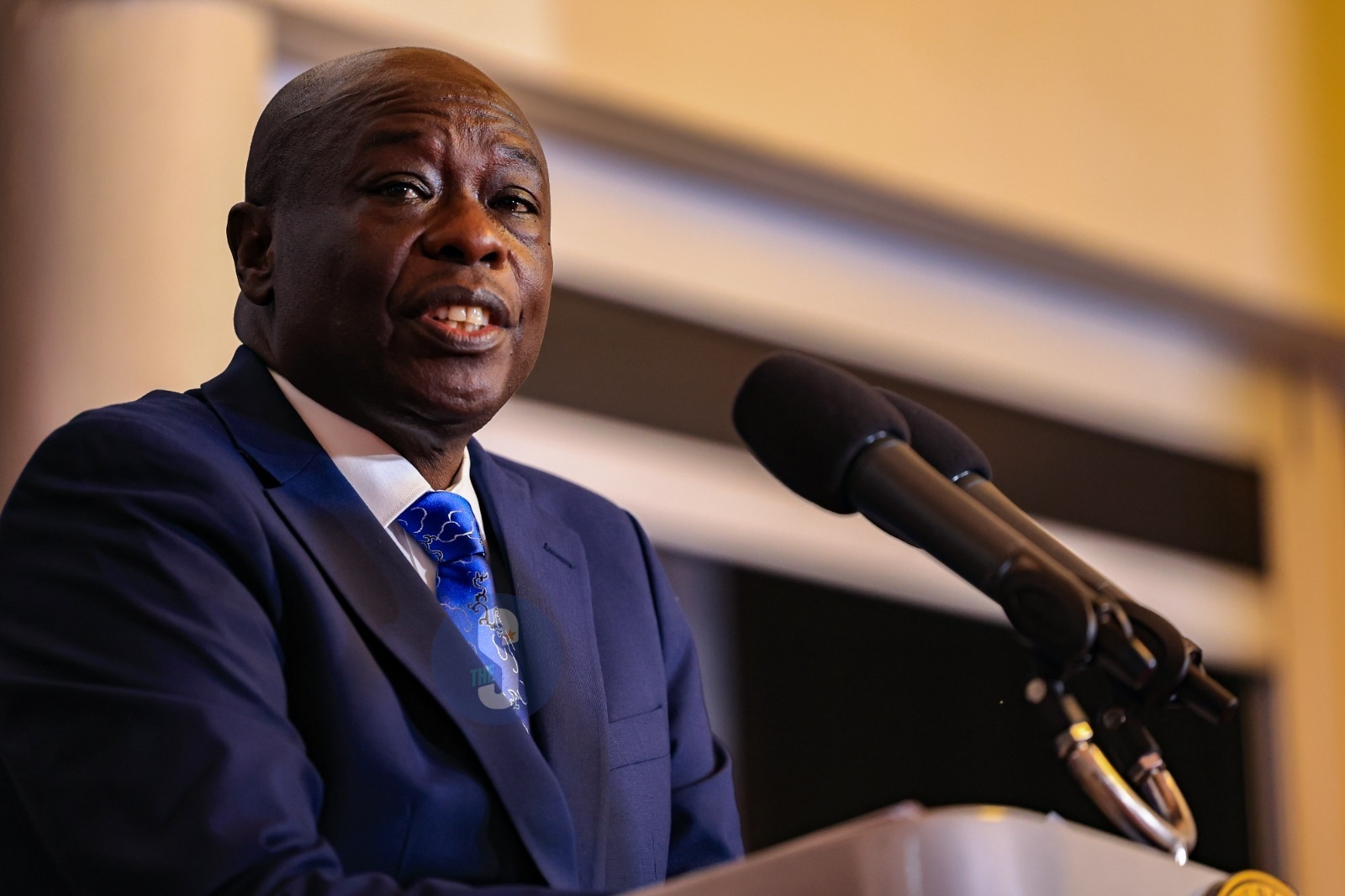The National Treasury has set new caps for pension contributions by employers and their employees.
In a circular, PS Chris Kiptoo said employees will pay at least six per cent of their pensionable pay.
On the other hand, employers will be required to make not more than two times the employees' contribution.
It sets 20 per cent of pensionable pay as the maximum contribution allowable to state employers.
“The employee contribution rate shall not be less than six per cent of the pensionable emoluments,” the July 10 circular reads.
The directive overturns the rate set by the Salaries and Remuneration Commission as minimum contribution by employees.
SRC said employees should contribute at least 7.5 per cent of their pensionable pay – usually 80 per cent of basic salary.
A big fight looms following the government's proposal to lower the minimum pension scheme contribution by employees.
In May, SRC guidelines stipulated that where an employer establishes a pension scheme for state officers, the members’ contribution rate shall be at 7.5 per cent of the monthly pensionable emoluments.
Treasury wants all accounting officers of the public service entities to change how retirement benefits are managed.
In an attempt to address cash shortfalls that have hampered the pension sector, the Treasury wants employers handed a reprieve.
As such, where an employee pays more than 10 per cent, the employer will contribute not more than 20 per cent.
A biting cash crisis has drastically affected the pension industry in the wake of assessments that the Treasury could process an estimated Sh685 billion in pension benefits over the next three years.
The Parliamentary Budget Office (PBO), an entity that advises MPs on matters of economy, reported that unremitted pension dues stood at Sh47.6 billion while PAYE was Sh25.3 billion as of February.
"The scenario points to general liquidity challenges in settling expenditure commitments as well as poor corporate governance, including weak or non-existent oversight between the respective State corporations /SAGAs Board and parent ministry/National Treasury," the team said.
As part of the mitigation efforts, the government also wants all provident funds – pensions run exclusively by government using taxes, be converted to pension schemes by 2029.
“All existing public service provident funds shall be required to convert to pension schemes within five years from the date of this circular,” PS Kiptoo said.
“The Retirement Benefits Authority and the Secretary/Director of Pensions are responsible for ensuring adherence to this circular with effect from the date of this circular,” the PS directed.
To address cases of medical emergencies involving state officers after their retirement, the government wants all pension schemes to establish a medical fund.
“All schemes shall make provisions in the scheme rules to allow its members to contribute towards funding a post-retirement medical fund,” Treasury said, directing employees and employers to make contribution to such funds.
Going forward, individual state departments and agencies will be required to cater to their pension scheme expenses.
All the expenses shall be met out of the scheme fund, the directive reads, adding that state agencies ill also meet the costs of setting up new schemes.
Public sector institutions will be required to get clearance from the National Treasury’s director of pensions before forming any new scheme and before registering the same with the retirement benefits authority.
“All retirement benefits schemes seeking registration will be Defined Contribution schemes,” the PS stated.
All employees hired on permanent and pensionable terms of service and are over 18 years old will be eligible to join a scheme.
“Employees on fixed contract terms of service can voluntarily join and contribute to retirement benefits schemes set up by their employers,” the circular reads.
Treasury wants pension schemes to “make the necessary amendments to their rules to accommodate employees on fixed-term contracts.”
“Employers may remit monthly accrued gratuities to retirement benefits schemes on behalf of their employees. These benefits shall be payable in accordance with the scheme rules and upon expiry of the contract term," the rules say.
Treasury further directed that no public servant will be entitled to pension claim until they hit 50 years.
There have been attempts by MPs to have pensions paid to parliamentarians who exit the service at 45 years of age.
Death in service and disability benefits would be provided through insurance policies purchased from insurance firms.
Kiptoo said the new circular overrides the one National Treasury issued in 2010 which required all public defined benefits schemes to convert to defined contribution schemes.















